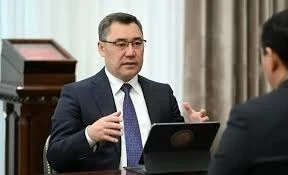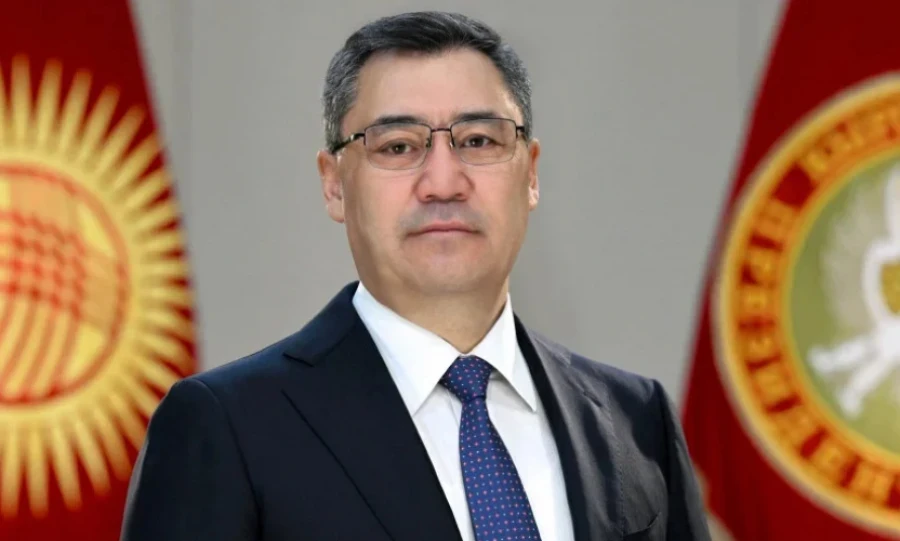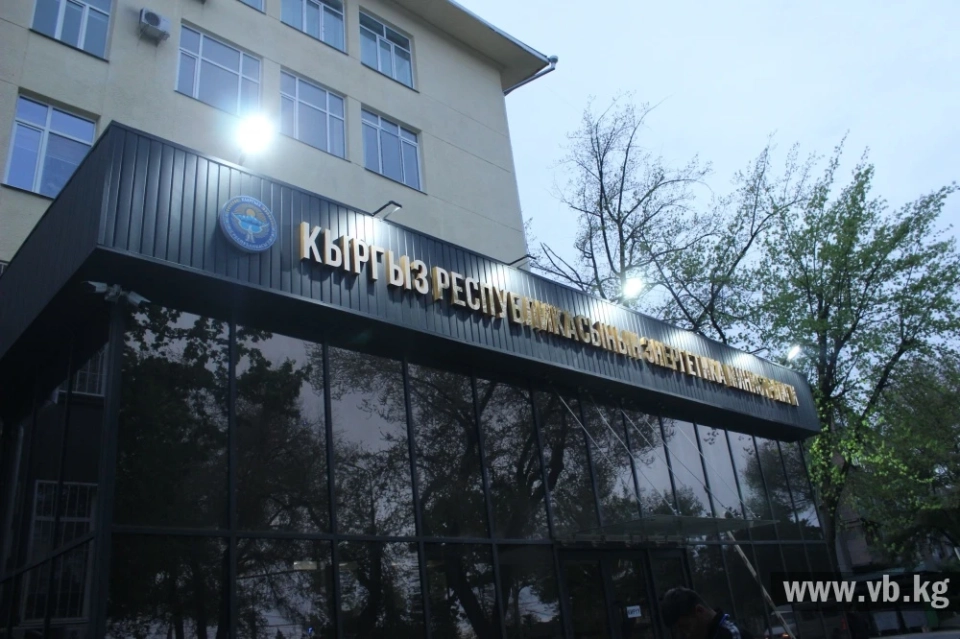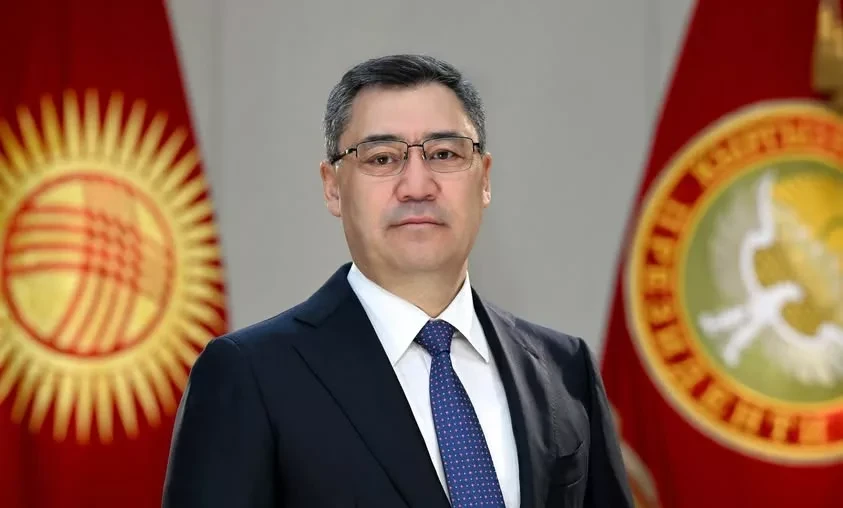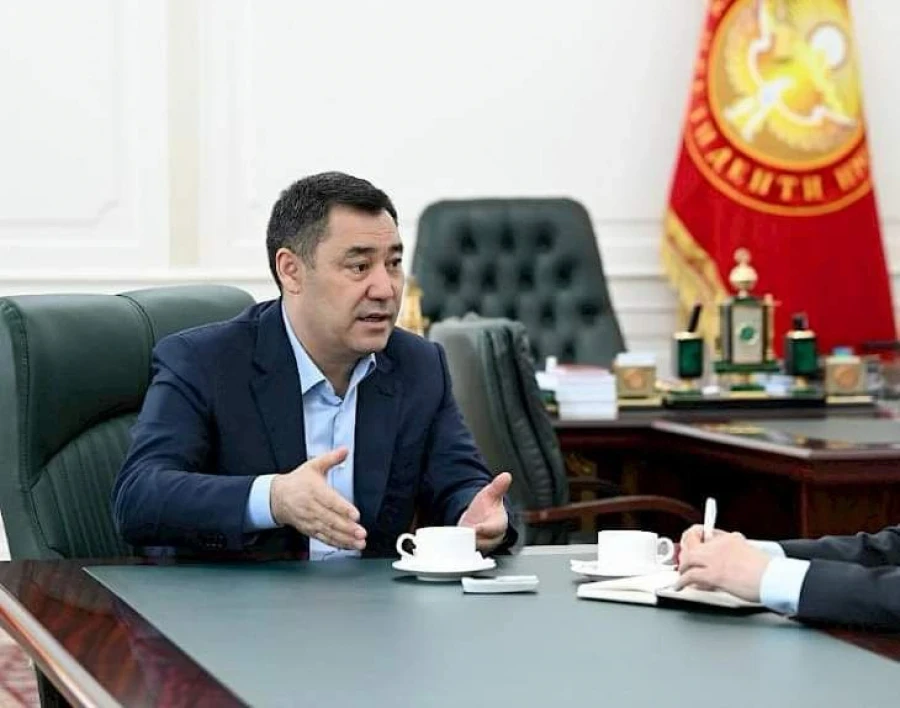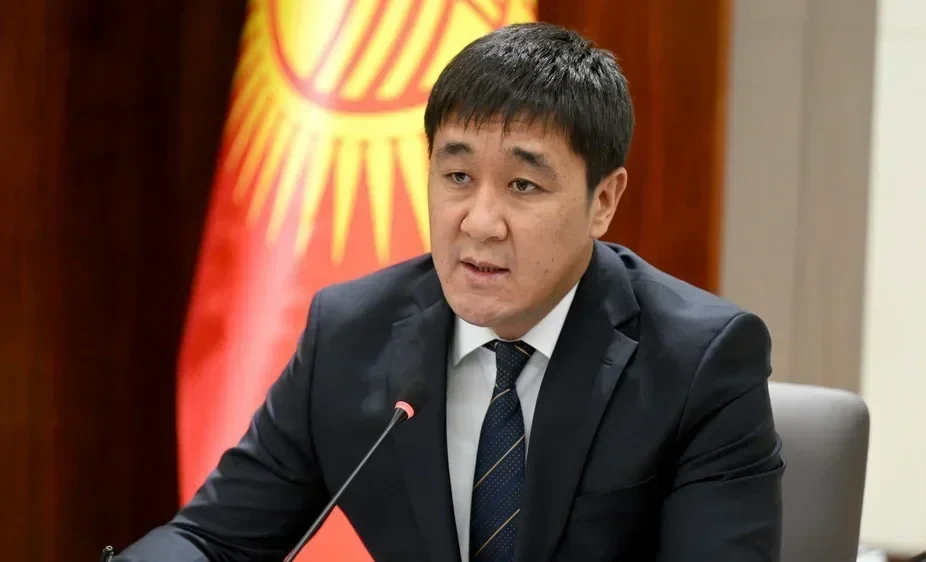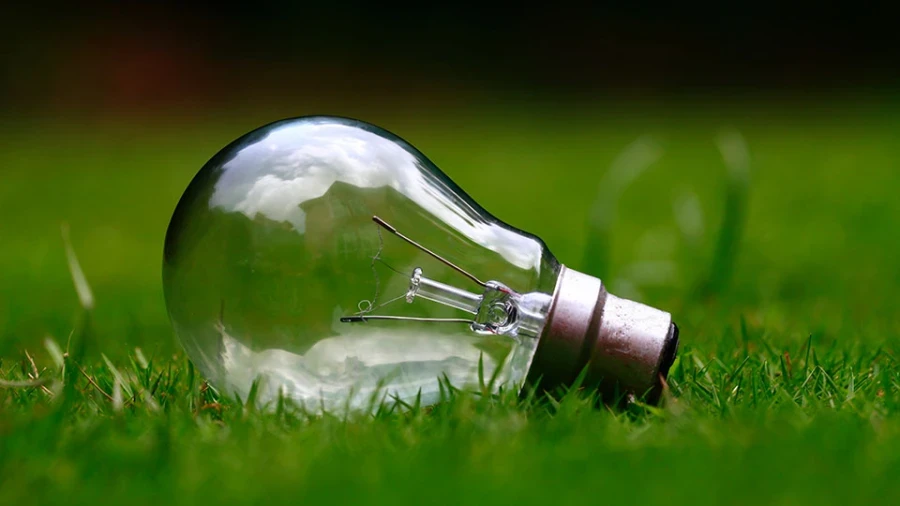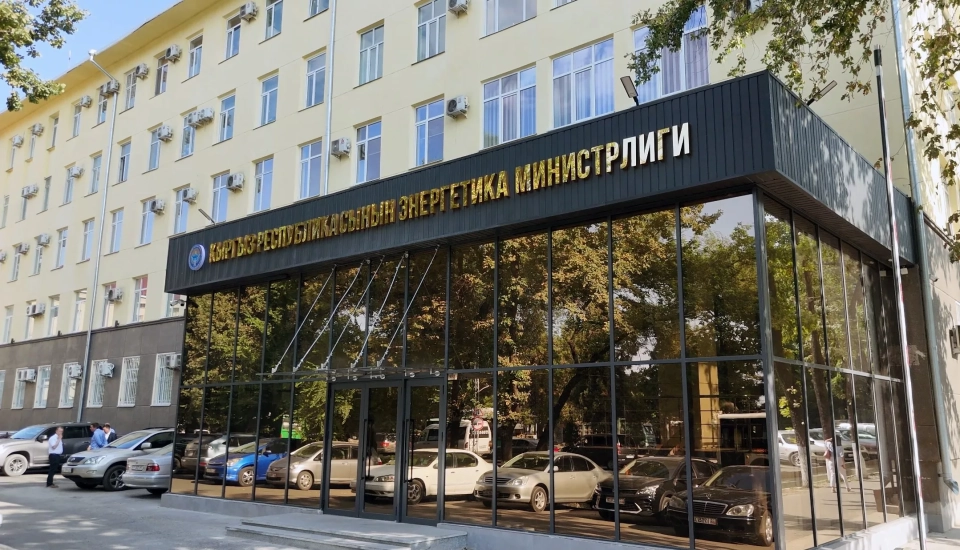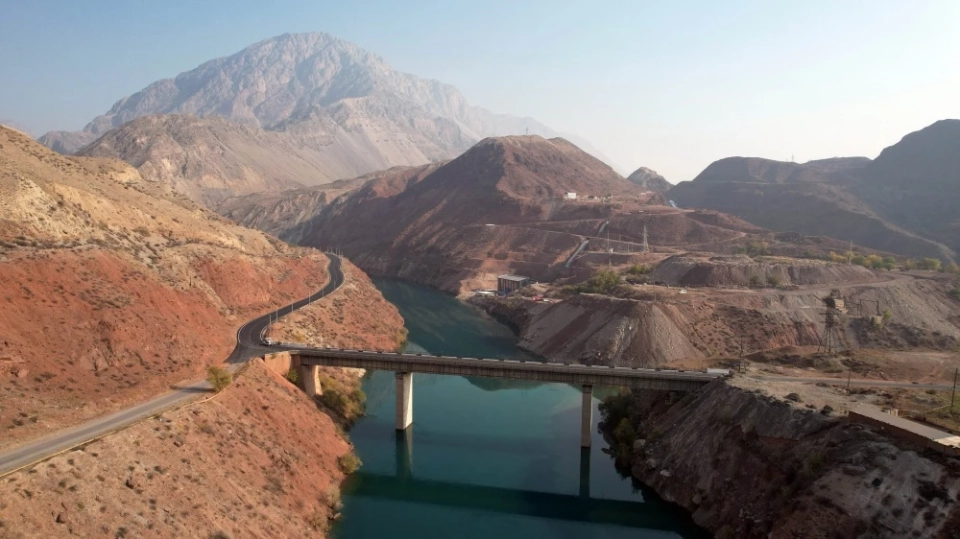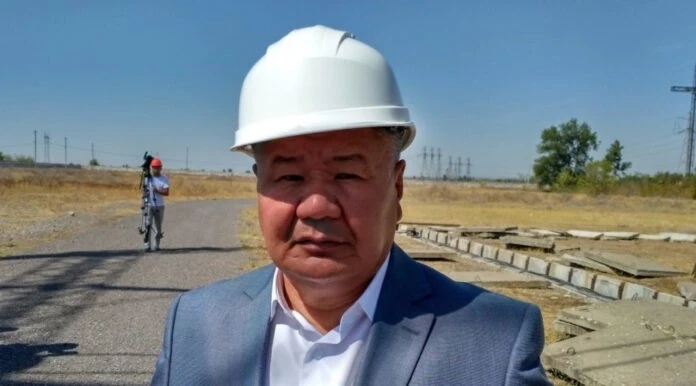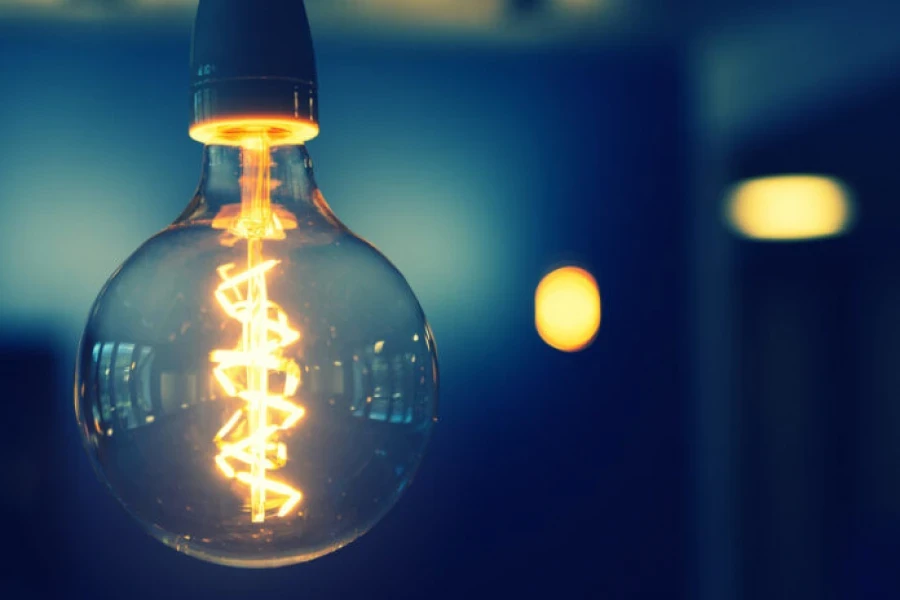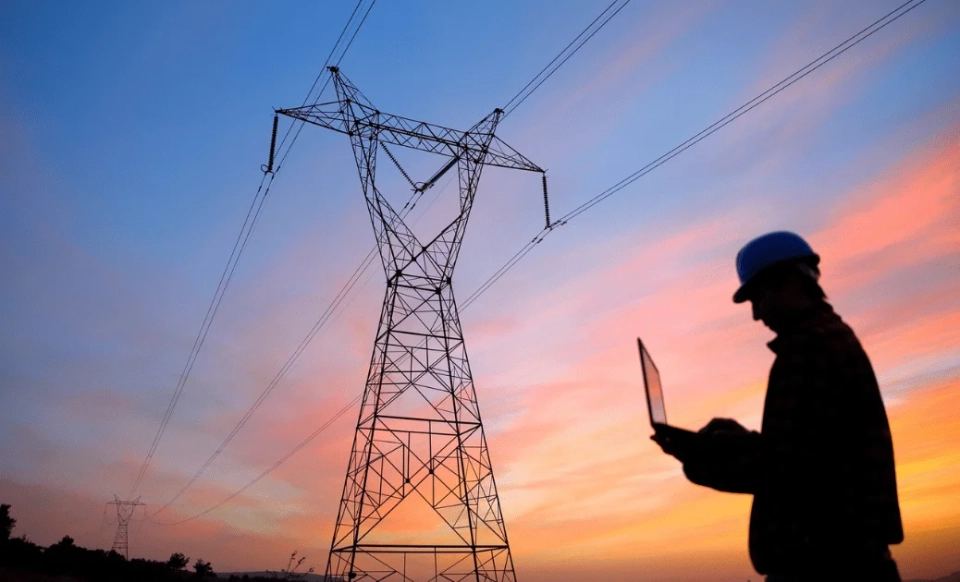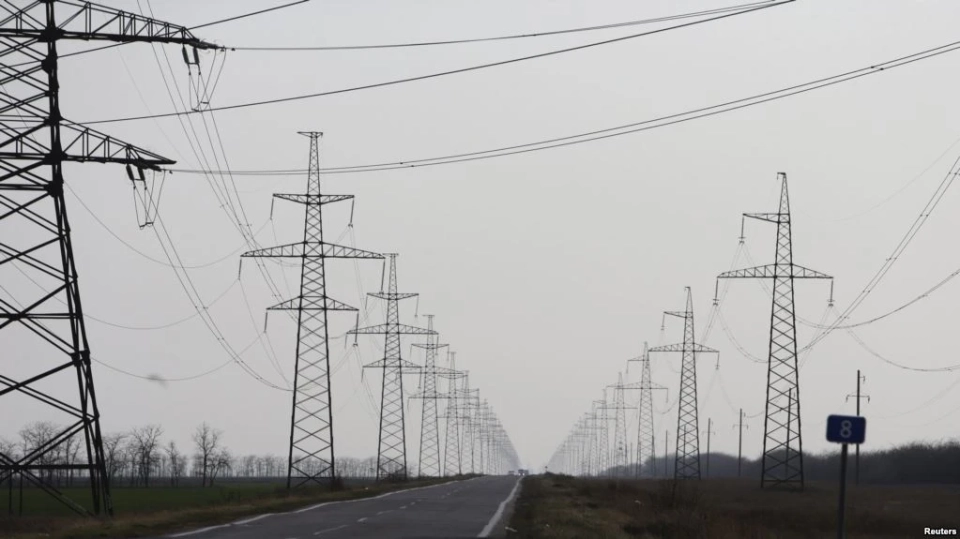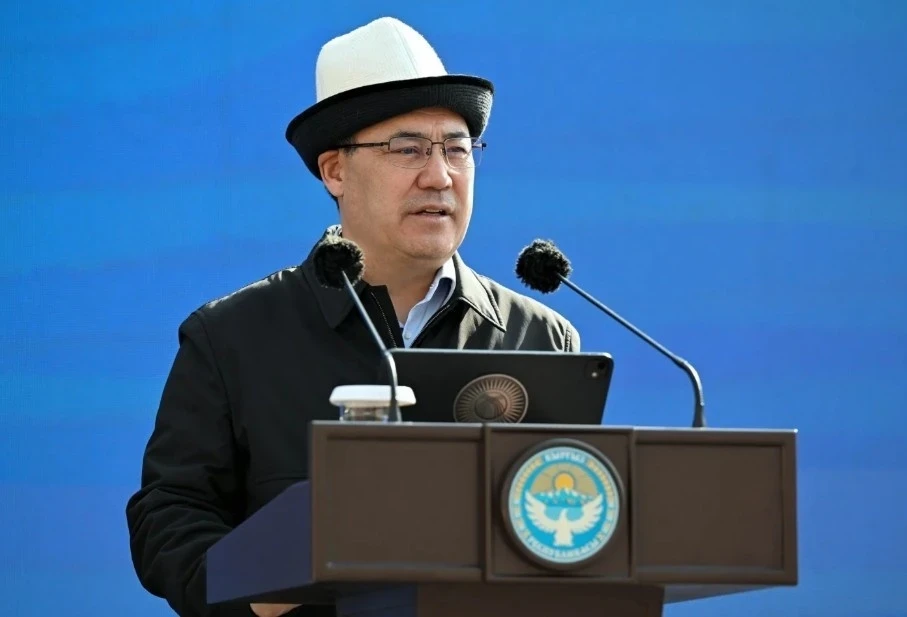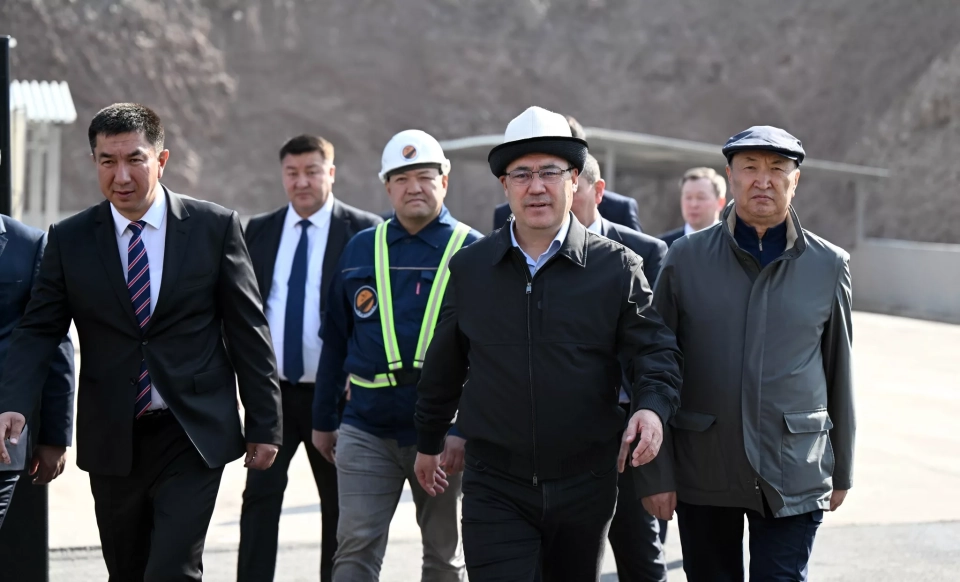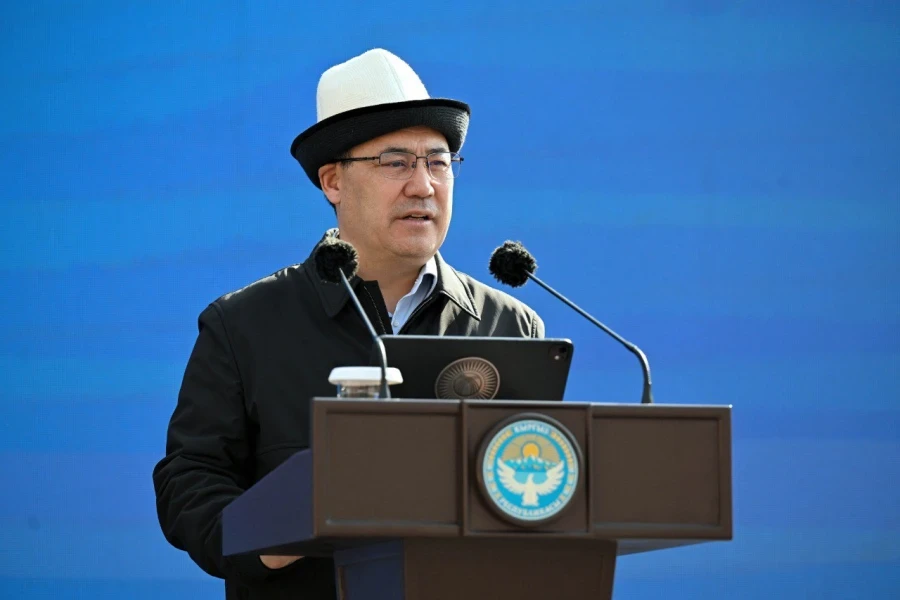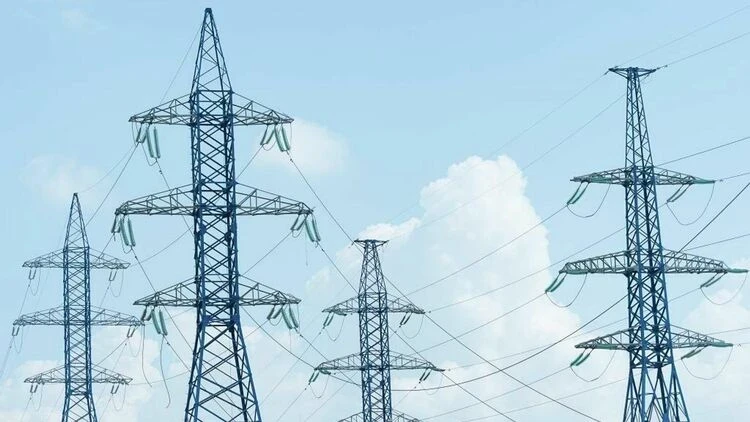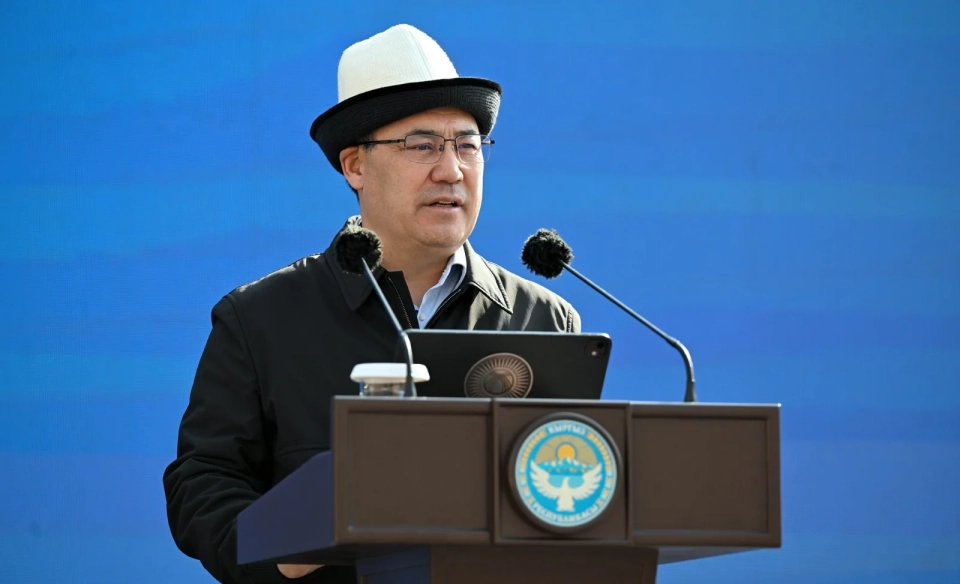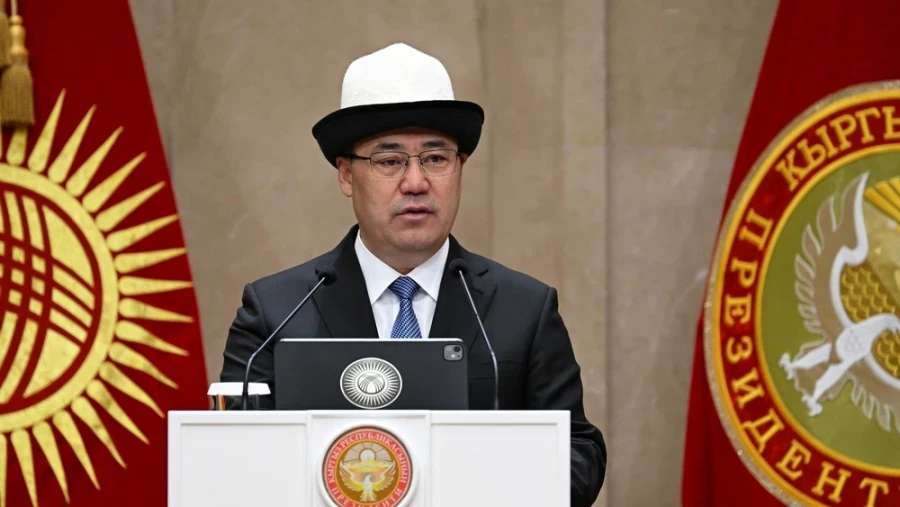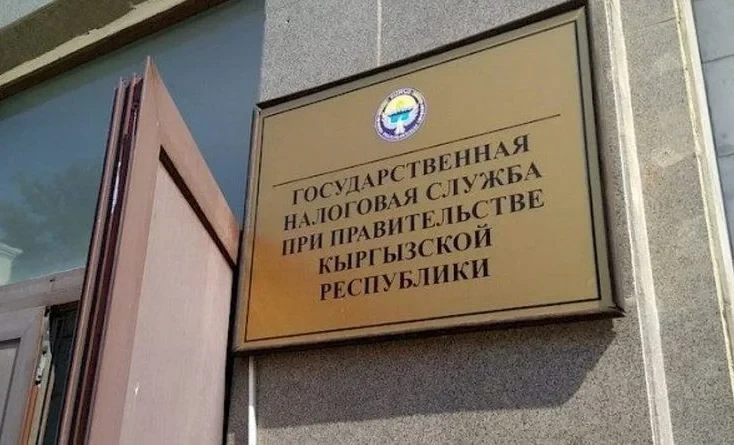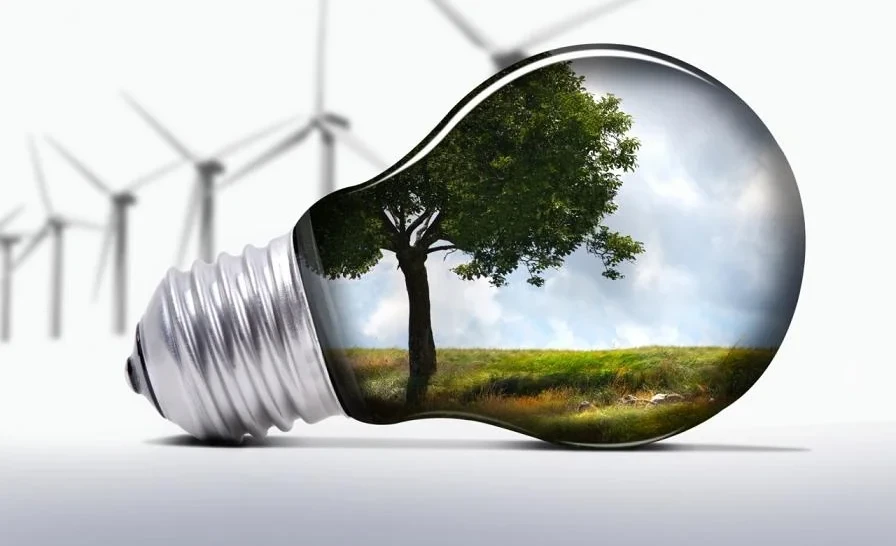
The President noted that the initiative was presented without prior discussion with the Ministry of Energy, which does not correspond to the current situation with water reserves: the water level in the Toktogul reservoir is 2 billion cubic meters lower than last year.
As a result of an internal investigation, the Ministry of Energy ordered the suspension of actions by NESK, and the CEO and his deputy received reprimands, while the head of the electricity sales department was dismissed.
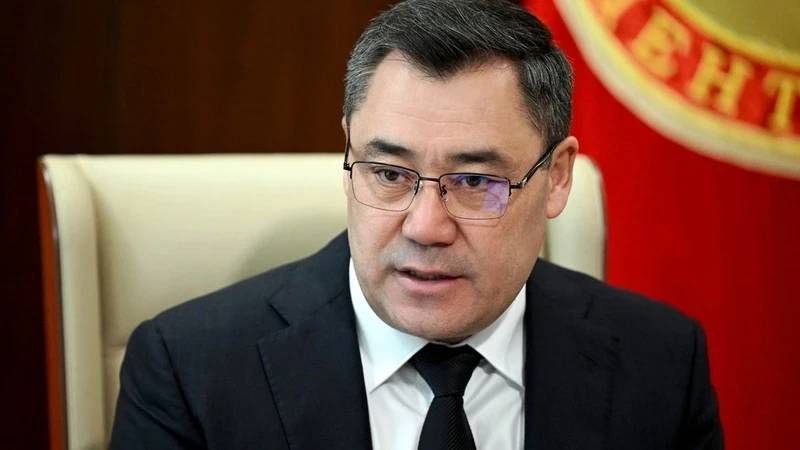
From Debts to Reforms
Japarov emphasized that five years ago, Kyrgyzstan's energy system was in critical condition: the debt burden reached 137 billion soms, and companies like "Vostoelektro" and "Jalalabadenergo" were on the brink of bankruptcy. Outdated equipment and corruption led the country to purchase electricity at a price of 5 soms per kWh, selling it to the population for only 0.77 tyiyn.
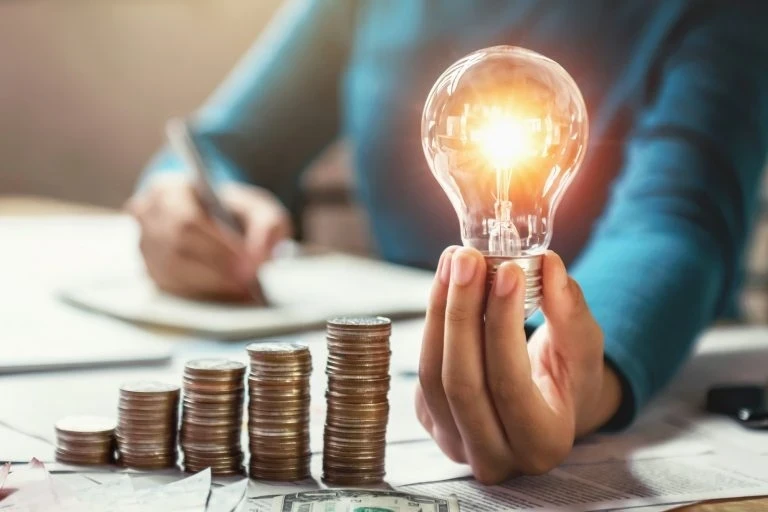
The situation is gradually improving. As a result of reforms, anti-corruption efforts, and reduced electricity losses, the debt burden of the energy sector has decreased to 25 billion soms. The President expressed confidence that by 2026, the debt will be fully repaid, and by 2027, the sector will start generating profit.
Transition to New Energy
One of the main directions of the reforms has been the construction and modernization of hydropower plants. In 2024–2025, dozens of new facilities with a total capacity of over 90 MW will be commissioned, including Bala-Saruu, Kara-Kul, Aksy, and Issyk-Ata 1 and 2 HPPs and others. Major stations have also been modernized:
- Toktogul HPP increased its capacity by 240 MW;
- Uch-Kurgan HPP — added 9 MW (potentially up to 36 MW);
- At-Bash HPP — +11.44 MW;
- At Kambar-Ata HPP-2, a second unit with a capacity of 120 MW is being introduced.
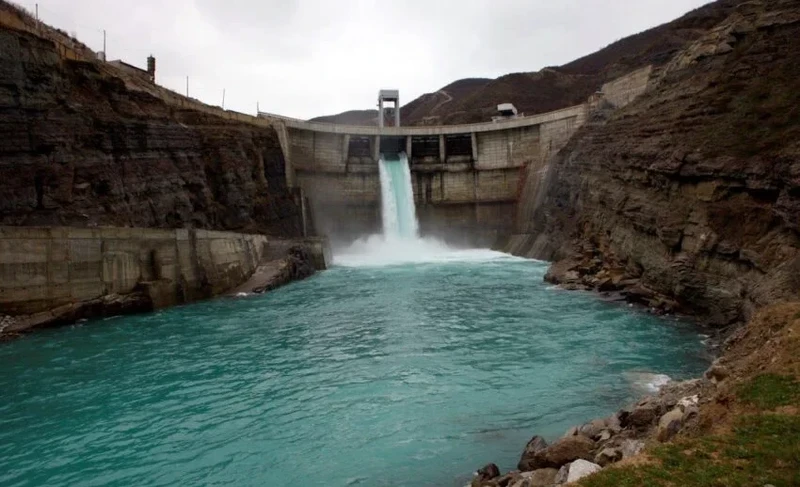
In the coming years, the construction of over 70 small and medium-sized HPPs is planned throughout Kyrgyzstan. In Karakol, the construction of a CHP with a capacity of 1200 MW has already begun, which is expected to provide up to 7 billion kWh per year and fully cover the winter deficit.
Saving Electricity as a Duty of Every Citizen
The President emphasized: "Every 100-watt bulb burning for an hour takes 270 liters of water from the Toktogul reservoir." The call for savings is not just a moral imperative but part of the national strategy for sustainable development.
Kyrgyzstan sells electricity to the population at 1.37 soms per kWh, which is significantly cheaper than in neighboring countries:
- Kazakhstan — 5–8 soms,
- Uzbekistan — about 3.6 soms,
- Germany — up to 50 soms.
Nevertheless, low electricity prices do not absolve responsibility. With increasing domestic consumption, the country is forced to import energy, undermining its currency reserves and energy independence.
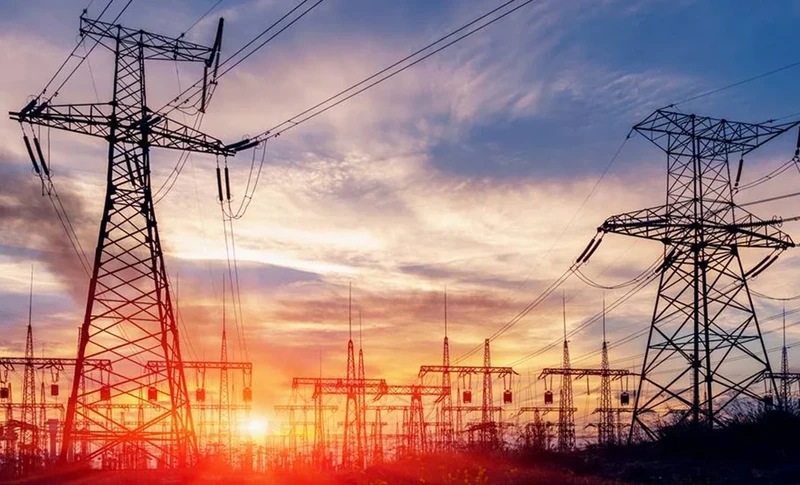
The Importance of Energy Conservation: Environmental and Economic Aspects
Energy conservation is not only a matter of budget savings but also a concern for the environment. Major sources of electricity, such as coal, oil, and gas, are non-renewable and cause serious harm to the ecosystem. Their combustion leads to emissions of greenhouse gases, heavy metals, and radioactive particles, negatively affecting the climate and human health.
Moreover, irrational use of hydropower plants without proper water resource management can lead to shallowing of water bodies and the death of ecosystems. Therefore, Kyrgyzstan's transition to hydropower, solar, and wind sources is not only an economic necessity but also a contribution to the ecological safety of the region.
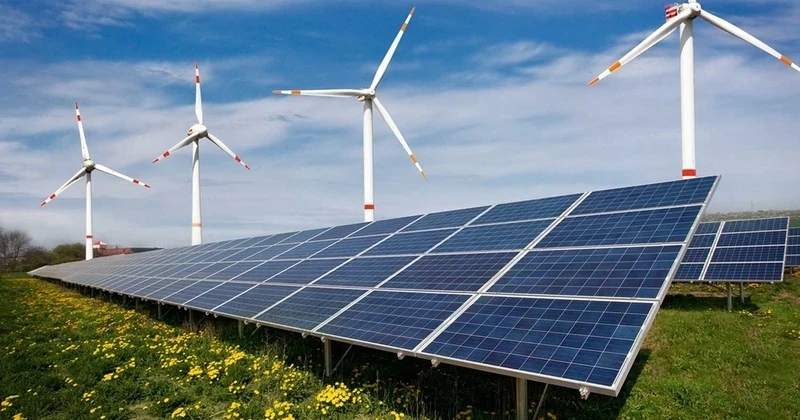
Tips for Saving Electricity at Home
Replace incandescent bulbs with LED ones — they consume 5–7 times less energy.
Turn off the lights when leaving a room and unplug devices from the network.
Use multi-tariff meters — electricity is cheaper at night.
Place refrigerators away from heat sources and defrost them regularly.
Clean lampshades — this will improve lighting without increasing brightness.
In private homes, insulate walls, floors, roofs, and windows — up to 40% of electricity is used for heating.
Apply "smart" technologies — motion sensors, dimmers, and apps for monitoring consumption.

Forming a Culture of Energy Conservation
The creation of a culture of rational energy consumption begins in the family and school. It is important to explain to children that saving electricity is an investment in the future of the country. Participation in events such as "Earth Hour" and watching environmental cartoons can be part of raising a responsible generation.

Conclusion
Kyrgyzstan stands on the brink of an important energy transformation. The country is simultaneously developing new infrastructure, dealing with old debts, and forming a culture of responsible consumption.
President Japarov characterized the current deficit as a "temporary problem." Indeed, the course towards the construction of small HPPs, the development of renewable sources, and adherence to discipline in energy consumption can make Kyrgyzstan energetically independent, self-sufficient, and environmentally sustainable.
